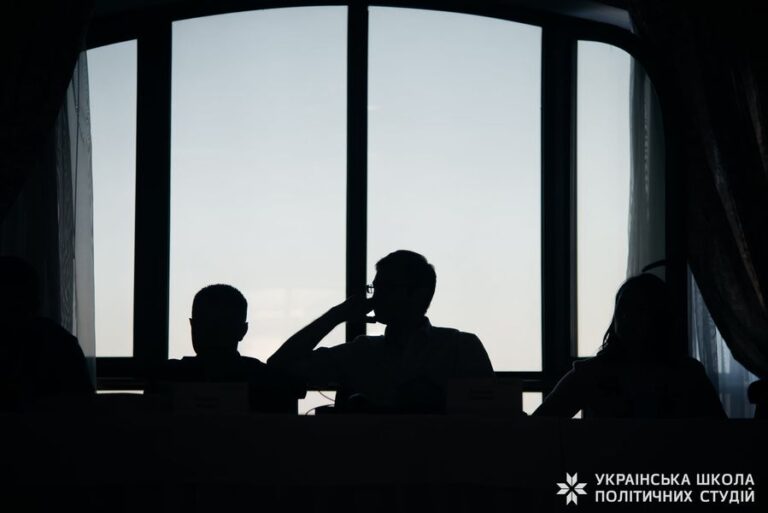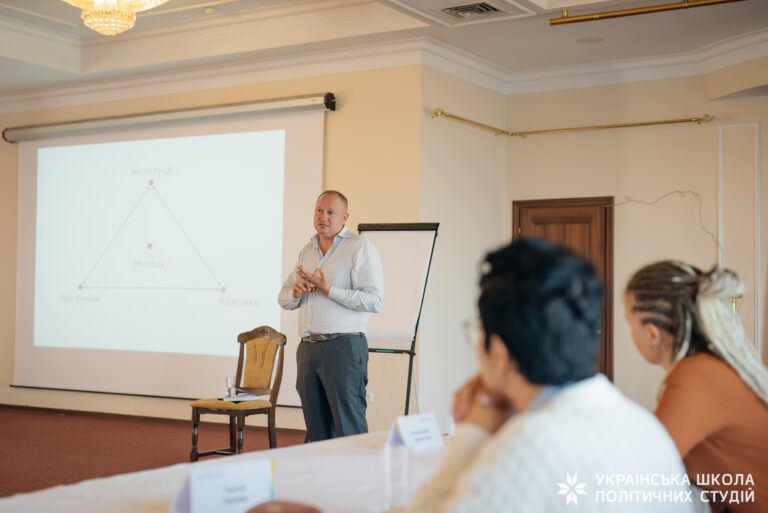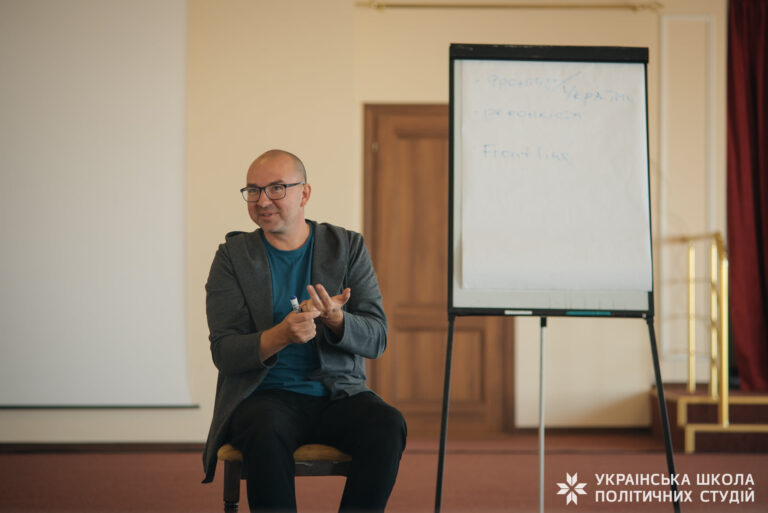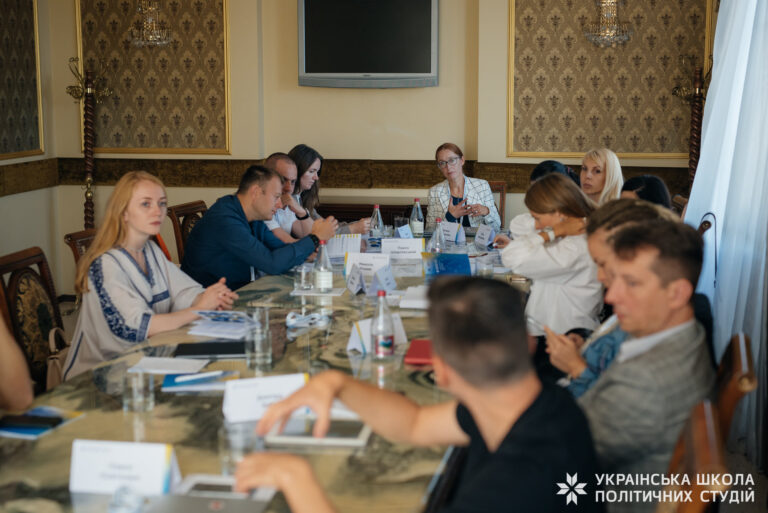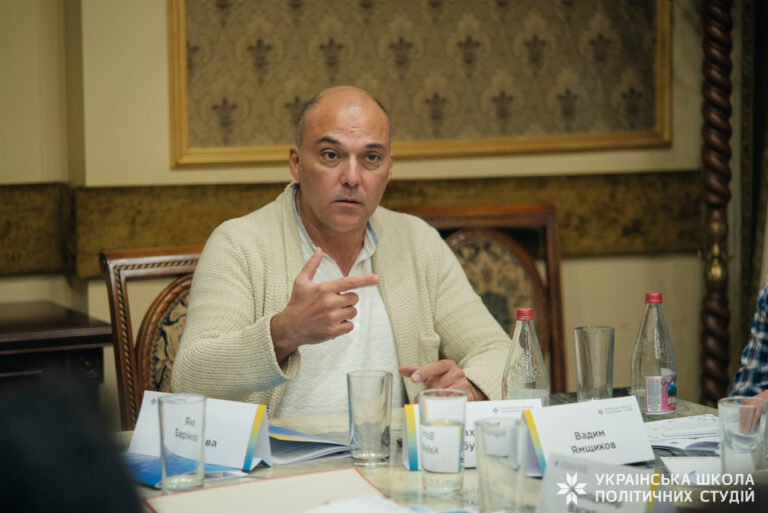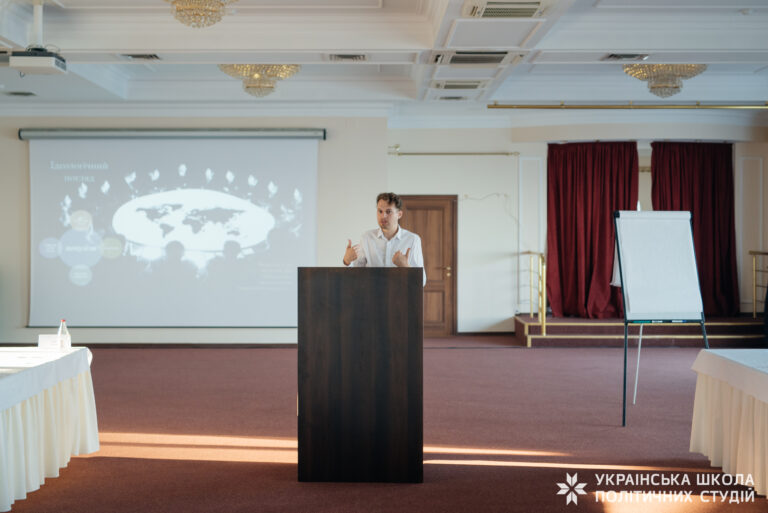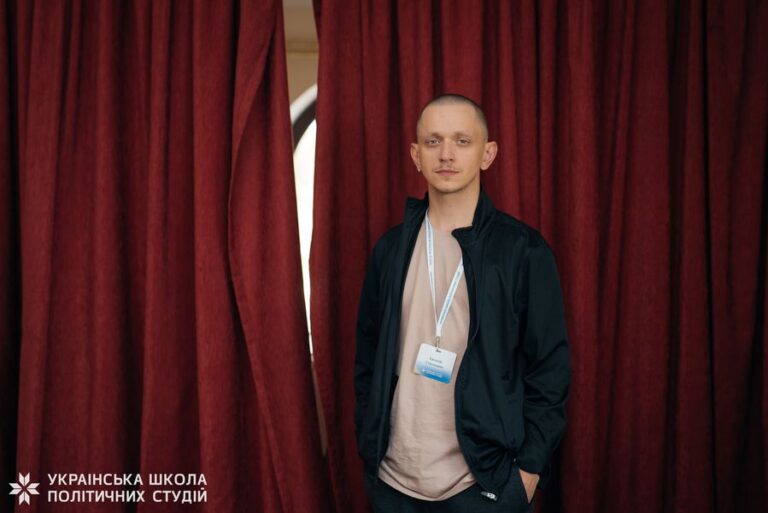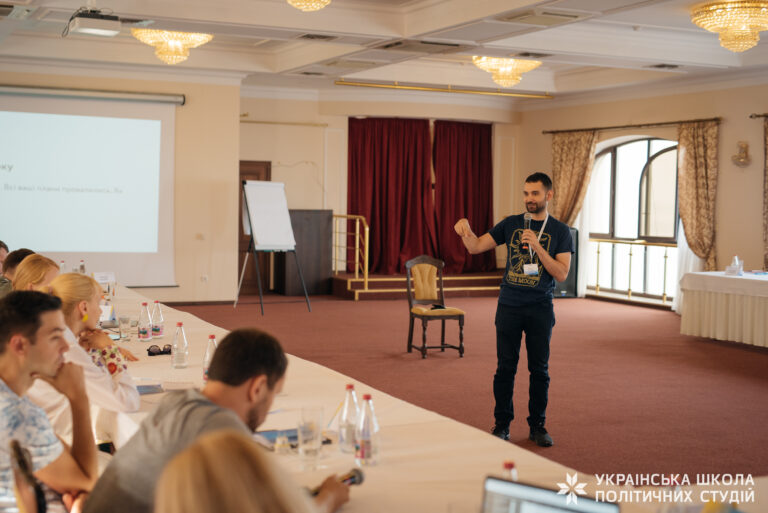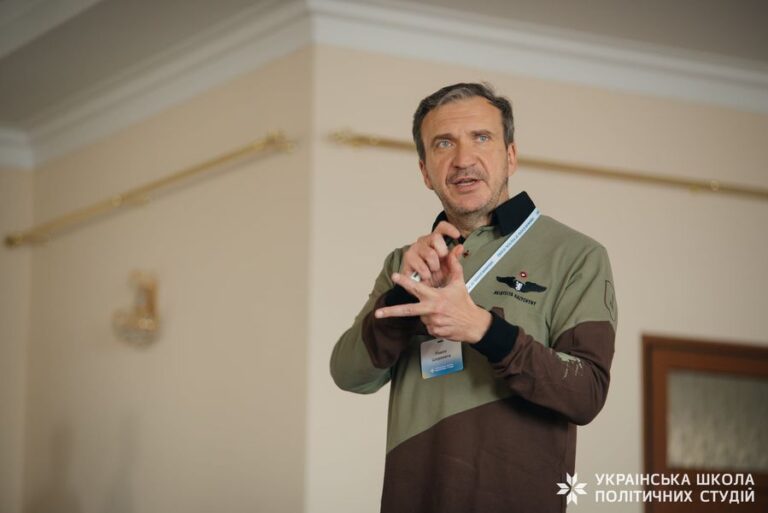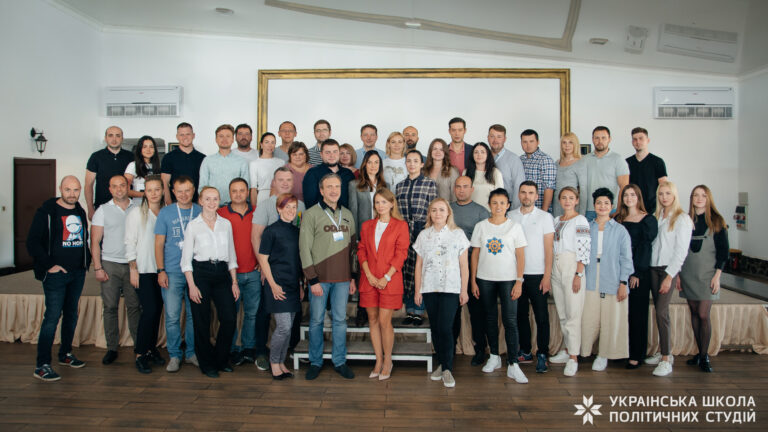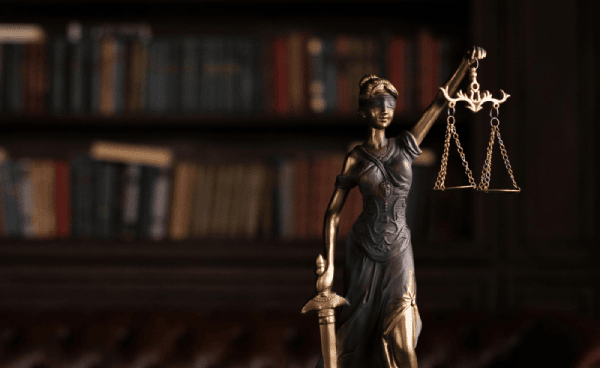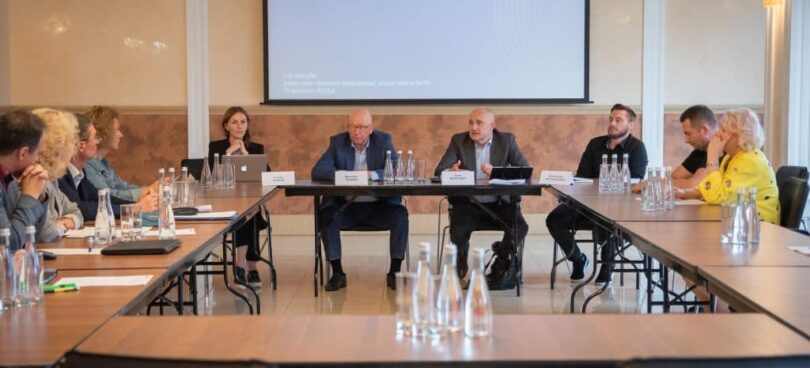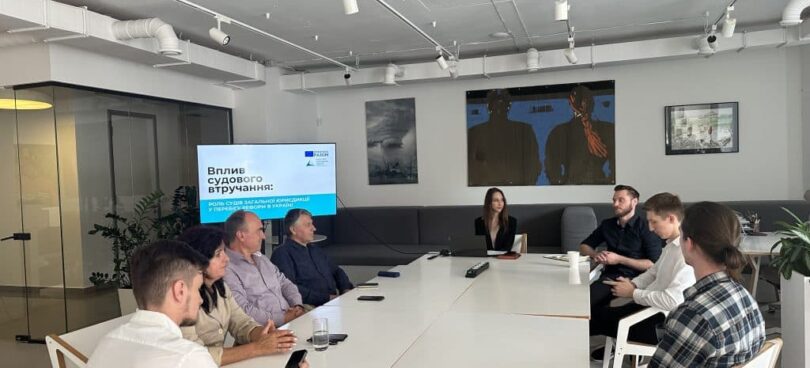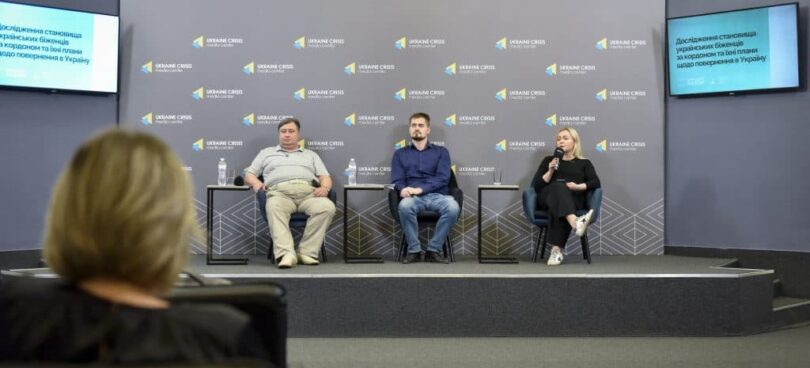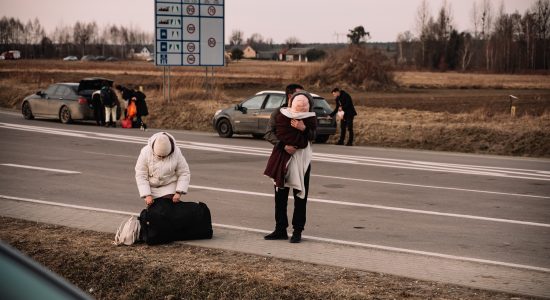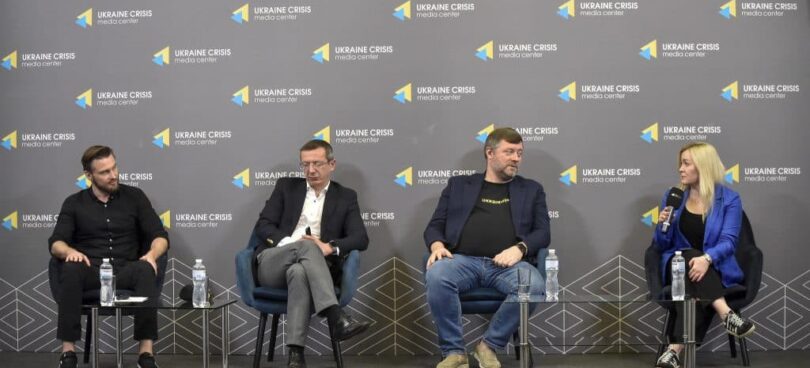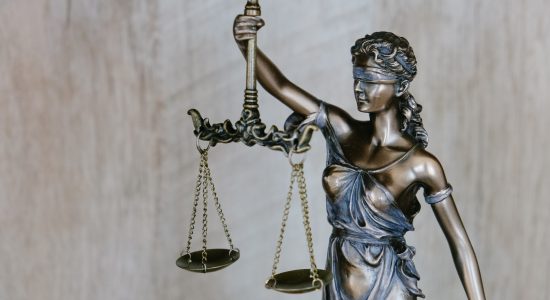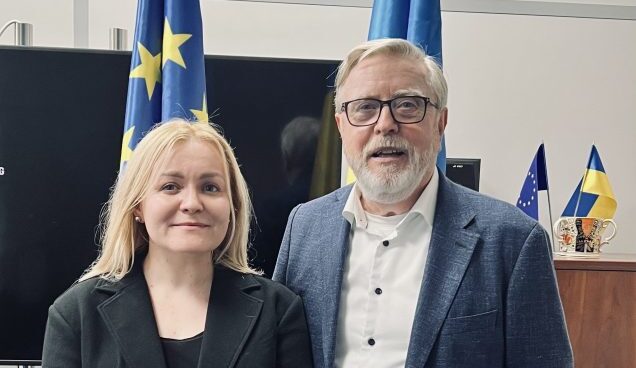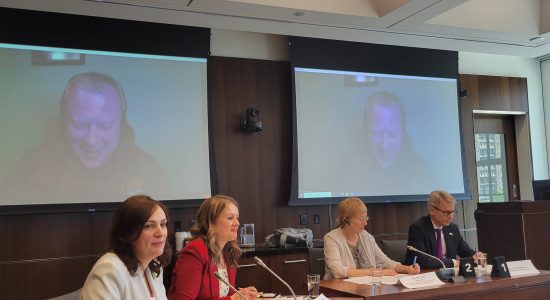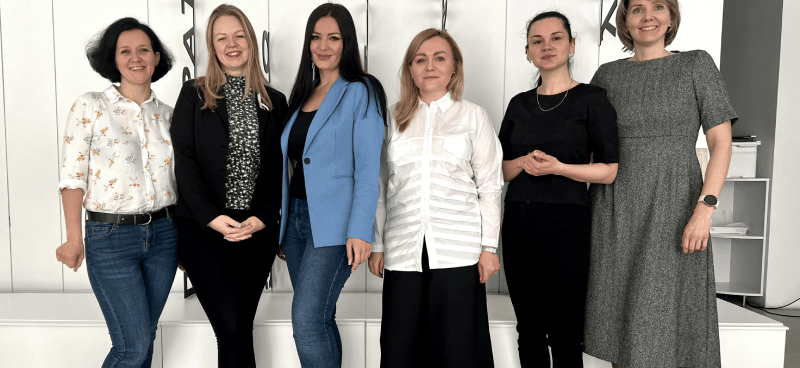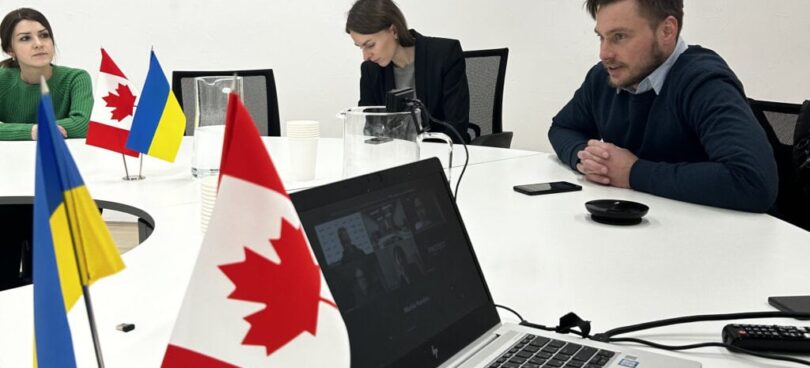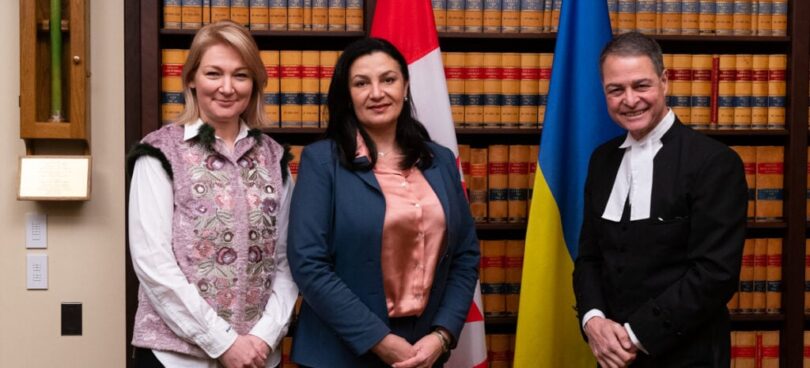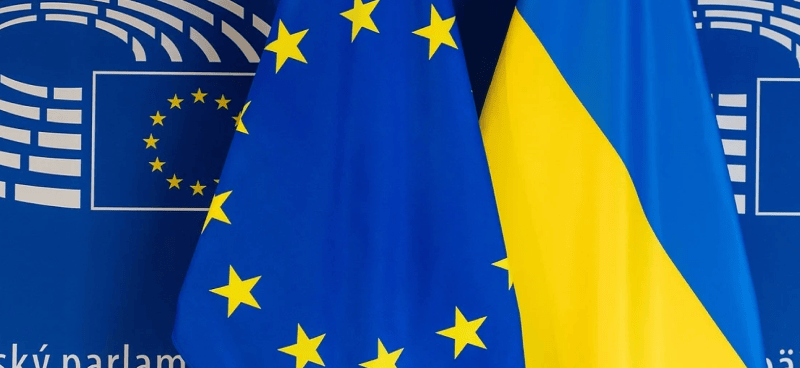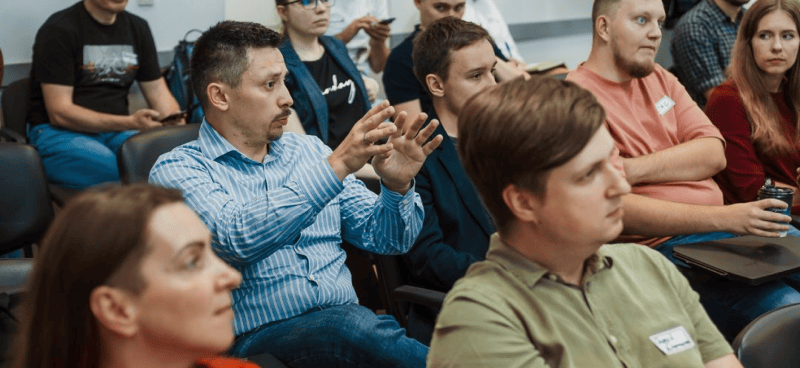On September 8-12, the Ukrainian School of Political Studies hold the Second Session of the XV-XVI program in Odesa!
The second session is about socio-cultural ties, ethics, aesthetics, and expanding worldview. The program of the Session is always built to encourage participants to further search and reflections. This is a special session in a special place, it brings the group even closer and inspires them to learn new things.
Global art market and its impact on society
Art is first and foremost a culture and experience, but it is also an exclusive that people dream of owning. Therefore, art has become a large industry with its own rules and institutions.
Oleksandr Shchelushchenko – art dealer, founder, and director of contemporary art galleries “Tsekh” in Kyiv and Vilnius, as well as 2010 USPS program Alumnus, opened the art market world for participants and told about the structure of institutions in this field, the role of artist and critic, as well as why in Ukraine this industry still does not work properly. On the example of the gallery “Tsekh”, which is almost the only successful non-governmental cultural institution of contemporary art in Ukraine, Oleksander showed that we have a demand for art, so it is necessary to develop and transform the industry.
Ukraine, Europe, the world: a global view
What is Ukraine’s place in global history? What unites us with the history of Europe and other parts of the world, and what makes us unique?
For a long time, Ukraine in the international arena had the image of empty space – the Great Border. But with what do we identify ourselves? How does the world perceive us today, and what place do we occupy in it? How possible is for Ukraine the balance between liberalism and patriotism, between universal values and identity discourse?
The group discussed this with Volodymyr Yermolenko, a philosopher, writer, journalist, senior lecturer at NaUKMA, director of analytics at Internews Ukraine, and a member of the board of the International Renaissance Foundation.
Culture, politics, and ideology: history and modernity
Calls not to politicize culture are heard everywhere, especially from people for whom supporting a particular position means losing money. However, is it possible to stay out of politics in the eighth year of the war?
Politics is the art of solving problems here and now. It is focused on the present. And culture is aimed at the future. The artist’s goal is to overcome time.
But can culture be outside politics? Can it be just politics? Where are the limits of the artist’s responsibility, and where is the attention of politicians to art needed?
Tetyana Ogarkova, a senior lecturer at the Department of Literary Studies at NaUKMA and a lecturer at the Second Session of the USPS, discussed various concepts of cultural perception in the context of politics with the participants.
Future and liberty
We live here and now. Neither the future nor the past really exists. The past is a memory, the future is an expectation. This is what Augustine of Hippo thought about time. So what determines our future? Is it due to factors independent of us, or are we creating it ourselves, making a free choice? Is there freedom of will that allows such a choice? If free will does not exist, then what determines our actions, and are we responsible for them?
Vakhtang Kebuladze, philosopher, essayist, translator, professor of theoretical and practical philosophy at the Taras Shevchenko National University in Kyiv, held interesting discussions with participants about the future, time, science, our dreams, and fears about human freedom.
Bend Sinister: nature, context, and temptation of political populism
Ivan Gomza, candidate of Political Science, lecturer, and head of the Department of Public Administration of the Kyiv School of Economics and permanent lecturer of the USPS, conducted training for participants, which helped to understand what is the theory of political cleavages, why populism can be called a “subtle ideology” or political strategy, and how the polarization of society inhibits the development of states.
Political populism is a common concept in Ukrainian and world politics that we hear almost every day about. However, a correct understanding of the nature of this phenomenon and the context in which its promises become particularly tempting is not part of the debates on populism.
To better understand this phenomenon, it is necessary to turn to history and trace how and when political parties were born, because they eventually became an environment for the prosperity of populism. Ivan Gomza told the group about all this.
How (not) to read books through political optics?
Regardless of the era, books have always been of particular importance in human consciousness. Not reading and talking about it is always a loss of reputation. However, like culture in general, literature is often politicized by authors or readers themselves, who seek hidden meanings. Therefore, it is crucial to understand how to notice the political side of the book and when the view of the book through the prism of politics is appropriate, justified, and necessary.
Yevheniy Stasinevych, a literary critic and member of the renewed Shevchenko Committee, told our participants how to read rather than search for the political side of books and the author’s intention.
Political forecasting
No system can remain the same all the time, so it is necessary to analyze the systems and cycles inherent in them in order to make decisions and build policies. To predict events in a given system, it is first necessary to understand the difference between politics and policy, investigate which correlations, relationships, and dominants were present in previous cycles, and which markers had the most significant power.
How to approach the forecasting in a particular system? And how to distinguish professional forecasting from the forecasts of “experts” that we hear everywhere? Mykhailo Koltsov, Ph.D., World Bank Analyst, and Head of the Yu-Control Training Department, helped our participants to understand such a complicated issue.
Ukraine: a breakthrough strategy
Pavlo Sheremeta, manager-economist, co-founder of the Schumpeter School of Innovation, and Minister of Economic Development and Trade (2014), is convinced that a breakthrough is impossible without innovations and business development.
However, in Ukraine, business still exists not because of but rather against the state – entrepreneurs have no guarantees that their business will be protected from raiding. The country is experiencing a demographic crisis and an outflow of capital, which also does not contribute to entrepreneurship development, especially innovative. And for development to happen, the state must provide two things – first, security, and secondly, to give freedom of business.
What else needs to happen for Ukraine to make a breakthrough? What is the Creative Destruction and Blue Ocean Strategy? Pavlo Sheremeta discussed these issues together with the participants at the final platform of the Second USPS Session.
The five days full of seminars in Odesa ended, but the participants left even more motivated to study. We are already waiting for the next USPS session in Lviv!
